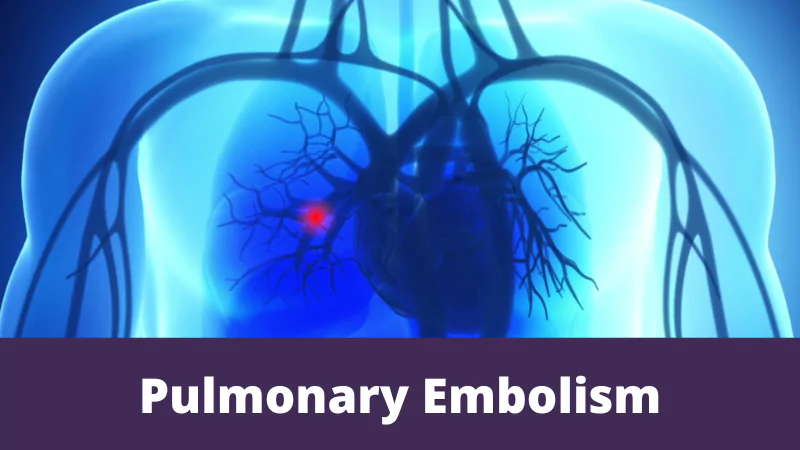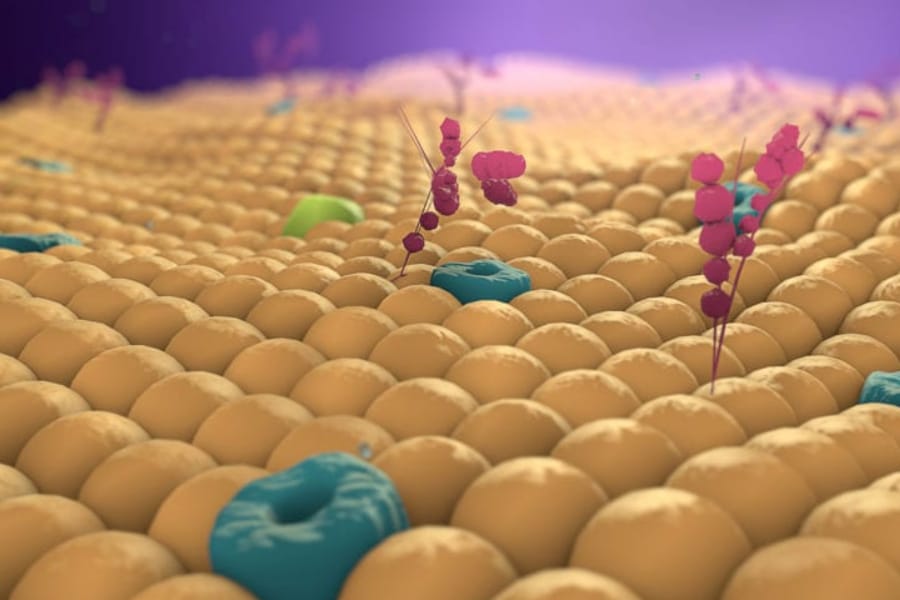What Is Multiple Scelerosis?
Multiple sclerosis or MS is a disease that affects the brain and spinal cord, resulting in loss of muscle control, vision, balance, and sensation (such as numbness). With MS, the nerves of the brain and spinal cord are damaged by one’s own immune system. Thus, the condition is called an autoimmune disease.
Autoimmune diseases are those whereby the body’s immune system, which normally targets and destroys substances foreign to the body such as bacteria, mistakenly attacks normal tissues. In MS, the immune system attacks the brain and spinal cord, the two components of the central nervous system. Other autoimmune diseases include lupus and rheumatoid arthritis.
The central nervous system is made up of nerves that act as the body’s messenger system. Each nerve is covered by a fatty substance called myelin, which insulates the nerves and helps in the transmission of nerve impulses, or messages, between the brain and other parts of the body. These messages control muscle movements, such as walking and talking.
Research
The MTHFR enzyme plays a very important role in ensuring the nervous system stays healthy, by governing the coating of nerves in a protective layer (myelin) which allows them to function strongly. In this study, Ineichen et al (2014) showed an association between MTHFR A1298C and the development of Multiple Sclerosis in a German population.








